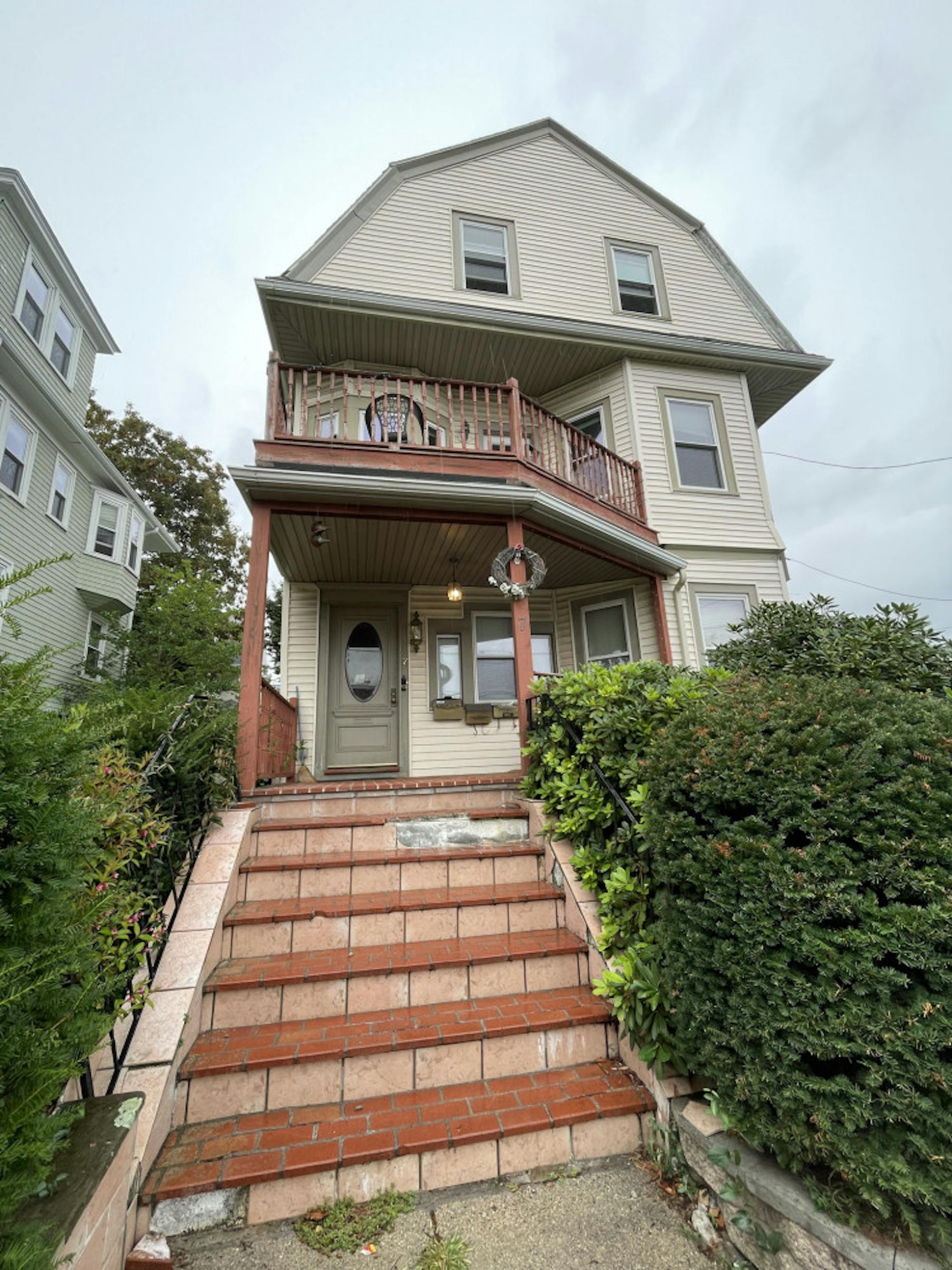The U.S. Census Bureau released its local-level data from the 2020 census on Aug. 12. The data showed significant population growth in Medford and Somerville and statewide since 2010.
According to data published by the Boston Globe, the city of Medford reported a 6.2% increase in its population, and Somerville grew by 7.0%. In total, Massachusetts’ population increased by 7.4%. The cities have also become more diverse, with people of color comprising about a third of the residents of each city.
Jeffrey Berry, professor of political science at Tufts, explained that he was struck by the increasing diversity in Massachusetts.
“Massachusetts has become increasingly diverse," Berry said. “[It] is a much different state than … even 10 years ago."
Berry also said that he was surprised that Massachusetts' population had grown.
“The other thing that stood out to me was that Massachusetts did grow some. We've lost congressional representation over recent decades,” he said. “It has a lot to do with just how expensive it is to live in Massachusetts, and that the economy really works well for those that are very highly educated, and not quite as [well] for other people … but the population is up, and I think that's really significant for the state, moving forward.”
According to Medford resident and Tufts student Drexel Osborne, the changes in population are becoming more and more evident.
“Having lived there, I definitely have noticed that it has [changed],” Osborne, a sophomore, said. “I think that it’s been sort of on the collective consciousness of Medford that it has been getting more and more diverse … in the past 10 years [it has] certainly changed.”
Karissa Hand, spokesperson for Drawing Democracy, an organization that promotes fair redistricting in Massachusetts, described the implications of the state's increased diversity.
“We saw particularly strong growth in Massachusetts’ Gateway cities, which tend to have larger populations of BIPOC, immigrant and low-income residents,” Hand wrote in an email to the Daily. “These trends underscore the importance of ensuring these communities have fair representation and an equal voice in our democracy.”
Berry discussed how Massachusetts' congressional districts might change based on the 2020 census data.
“The growth [is] certainly not equal across the state … [There was] a little bit more growth in Boston and the Boston suburbs, [with] less so in the western part of the state,” Berry said. “The district that covers the west is going to physically grow. That means [the district] will have to move more toward the east so that it has the right number of people. So conversely, some other districts will shrink.”
Regarding redistricting on the state level, Berry believes drastic change is unlikely.
”Overall, it's not going to affect politics in Massachusetts very much at all ... because we're a one party state, and Democrats dominate everything except for the governor's office,” he said. “I think for the average voter in Medford and Somerville, state politics is going to look pretty much the same as it has.”
Berry also explained that the Tufts campus is not likely to experience any major changes in its representation.
“Tufts’ population has not changed for 10 years in terms of ... faculty and staff in the area,” he said. “The real question is, is Tufts going to be entirely in one district? … I don’t know the answer to that, but I don’t think it’s going to affect the degree to which the university feels that it has a voice at the State House. Whoever is representing areas around Tufts … will be highly responsive to talking to Tufts.”
Hand argued that Massachusetts residents should be paying close attention to the redistricting process.
“The census data determines how many Members of Congress and electoral college votes your state has,” she wrote. “Elected representatives shape policy and direct resources toward key aspects of our society, such as education, health care and transportation. There is too much at stake for Massachusetts residents not to get involved and make their voices heard during the redistricting process.”
Osborne echoed Hand’s statement on the importance of redistricting.
“I think particularly in Medford it's important, especially because … the people who live in ... more diverse areas … don’t have as much control over the local political sphere,” she said. “There also is a history in Medford of people running and remaining in political office for 30 [or] 40 years … things are definitely starting to shift away from that, but I think it's definitely very much still affecting Medford.”
"[Drawing Democracy's] goal is to draw a statewide map of new electoral districts that keeps our communities whole and supports majority minority districts, where BIPOC people make up the majority of eligible voters of the district,” Hand wrote. “This is essential for ensuring that districts reflect the rich diversity of our commonwealth and ensure that voters can elect candidates of their choice.”
2020 local-level census data shows significant population growth in Medford, Somerville

A house on University Place is pictured on Sept. 9.





